Brexit uncertainty is causing concern in many industries, but especially amongst the hospitality sector. Whether the UK leaves the EU on 31st October with a deal or not, there will be a significant impact on this industry. Here, we discuss why.
Workers and wages
Currently, workers from the European Union make up approximately 15% of the industry. But it’s expected that an average of 23% of manual workers will be lost – whatever the Brexit scenario ends up being. In turn, this would cost hospitality businesses.
With this in mind, employers are looking for ways to retain these employees. Therefore, it comes as no surprise that wages for EU workers in the sector are higher than the National Living Wage. But employers should also be focusing on attracting future staff, whether they’re from the EU or the UK. This is because it’s likely there will be more workers needed as the sector thrives.
After the government recently announced a UK tourism industry deal, it’s been predicted that the industry turnover will peak at £10.9bn by 2020, with a rise of 293,000 staff collectively. But this is only in the situation that businesses are able to meet Brexit challenges – otherwise, there could be a decline. Thankfully, there are a number of ways hospitality enterprises can prepare for such circumstances, including increasing their agency worker numbers.
Importing and exporting
Another big concern relates
to the import and export of necessary resources. If these are transported from
other countries, then potential new tariff and custom checks could cause hold-ups
in getting them to the required locations.
Delays are especially likely at the busiest port: Dover, which is also where many everyday essentials are imported. This will impact food-related businesses in particular, with produce such as wheat being on the list of those potentially short in supply. It’s been argued that some items might even be out of date by the time they’ve reached their final destination, resulting in waste.
Importing these goods is likely to be more costly. This would mean that higher prices would need to be charged to customers – something which may deter them. Tie this in with the fact that a higher wage is a prospective continuous trend, and hospitality businesses will need to transfer this cost in other ways too.
Additional costs
Unfortunately, there are even more costs. The weaker pound may draw in more tourists, but it’s likely that hospitality businesses will need to increase their prices to take into account this depreciation.
There will also be additional legal and compliance tasks, which may not necessarily have a charge, but will take up a significant amount of time. From changes to Britain’s access to the Single Market, to adjustments to compliance duties, there may be a paperwork overload for hospitality business owners. Contracts, including those for employees, along with other legal agreements will need to be amended.
If you have a business in the hospitality sector, you’ll need to ensure that you’re aware of all the changes and accounting for the extra costs. That’s why it’s best to let a specialist accountant deal with your finances. As an expert in the hospitality industry with many years of experience, we can take care of your numbers.
Our services include payroll, budgeting and forecasting. We’ll be here to help whatever the Brexit impact is on your business. Simply get in touch with our friendly team today.


Recent Comments